Pit Bulls, known for their athleticism and affectionate nature, require a balanced and nutritious diet to maintain their health and energy levels. With the right diet, your Pit Bull can maintain optimal energy levels, healthy joints and skin, and strong muscles well into his twilight years. A diet tailored to your Pit Bull can help you solve pesky problems like excessive shedding, dander, and runny poops.
This guide is tailored to help Pit Bull owners understand the nutritional needs of their canine companions and how to meet them effectively. You should absolutely consult your veterinarian before making any changes to your Pit Bull’s diet, but this guide will help give you a better idea of what questions to ask and answers to seek.
Understanding Pit Bull Nutritional Needs
Pit Bulls, like all dogs, require a balanced diet that includes proteins, carbohydrates, fats, vitamins, and minerals. However, due to their muscular build and high energy levels, their dietary needs are slightly different from other breeds. An ideal diet for a Pit Bull should focus on high-quality protein sources to support muscle development and maintenance. Additionally, carbohydrates are vital for sustaining energy, while fats are essential for a healthy coat and skin.
Our 5 Top Foods for Pit Bulls
The diets were selected by our founder Justin Palmer, a certified canine nutrition expert, specifically with Pit Bulls in mind:
| Food | Pros | Cons |
|---|---|---|
|
|
|
|
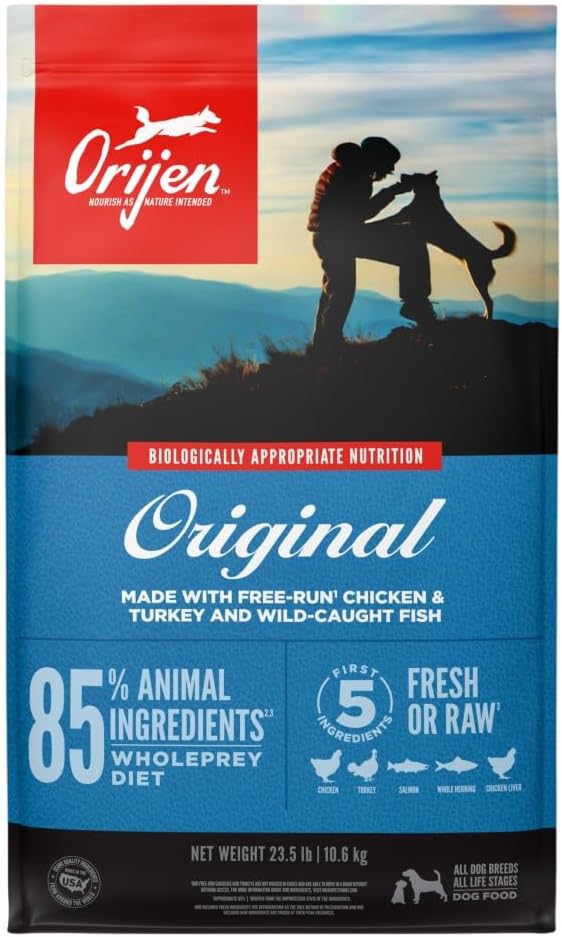
Check Today's Price on: |
|
|
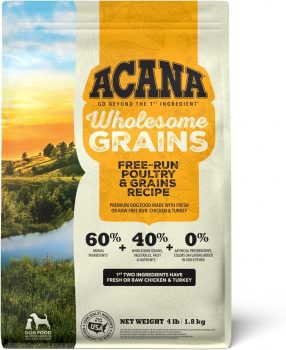
Check Today's Price on: |
|
|
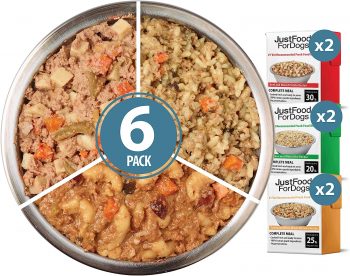
Check Today's Price on: |
|
|
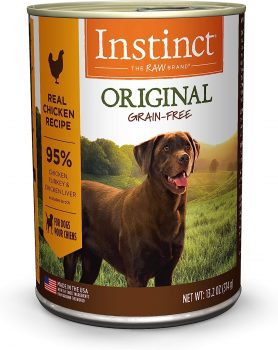
Check Today's Price on: |
|
|
Protein: The Muscle Builder
Proteins are the building blocks of a healthy diet for Pit Bulls. These active dogs require a higher protein intake compared to some other breeds. High-quality protein sources, such as chicken, beef, fish, and lamb, should form the core of their diet. It’s important to ensure that the protein sources are lean and not laden with excess fat.
Carbohydrates: The Energy Source
While protein is crucial, carbohydrates are also important in a Pit Bull’s diet. They provide the energy necessary for their active lifestyle. Sources of carbohydrates like brown rice, barley, and sweet potatoes are preferable as they are also packed with essential nutrients and fiber.
Fats: For a Healthy Coat
Fats are essential for maintaining a Pit Bull’s energy levels and keeping their coat shiny and skin healthy. Sources of good fats include fish oil, flaxseed, and chicken fat. However, it’s important to monitor the amount of fat in their diet to prevent obesity.
- Contains no fillers, only quality proteins, veggies, vitamins, and minerals
- Pre-portioned meals are based on your dog’s unique dietary needs
- Formulated by in-house Board Certified Veterinary Nutritionists
- All foods are prepared, mixed, and packed with care in USA kitchens
- Shipped to you fresh, cold, and on your schedule
Special Dietary Considerations for Pit Bulls
Pit Bulls can be prone to allergies and sensitivities, which can be addressed through their diet. Common allergens include corn, wheat, and soy. It’s advisable to opt for diets that are free from these ingredients if your Pit Bull shows signs of allergies.
Managing Allergies and Sensitivities
Food allergies in Pit Bulls can manifest as skin irritations, gastrointestinal upset, or ear infections. If you suspect your Pit Bull has a food allergy, consult a veterinarian. They might recommend an elimination diet to identify the allergen.
Weight Management
Pit Bulls are prone to obesity, which can lead to health problems like joint issues and diabetes. A balanced diet, combined with regular exercise, is essential. Portion control and avoiding excessive treats are key to maintaining a healthy weight.
The Role of Supplements in a Pit Bull’s Diet
While a well-balanced diet should provide all the necessary nutrients, in some cases, supplements might be beneficial.
Joint Supplements
Given their active nature, Pit Bulls may benefit from joint supplements like glucosamine and chondroitin, which can help maintain joint health and mobility.
Omega Fatty Acids
Supplements rich in omega-3 and omega-6 fatty acids can be beneficial for skin and coat health, especially for Pit Bulls with dry skin or dull coats.
The Importance of Hydration
Water plays a crucial role in a Pit Bull’s diet. Ensuring they have constant access to fresh, clean water is vital for their overall health. This is especially important if your Pit Bull is on a dry food diet.
Feeding Practices for Pit Bulls
The way you feed your Pit Bull is as important as what you feed them.
Regular Feeding Schedule
Maintaining a regular feeding schedule helps regulate your Pit Bull’s digestion and energy levels. Generally, two meals a day is recommended for adult Pit Bulls.
Appropriate Portion Sizes
Portion sizes will vary based on your Pit Bull’s age, size, and activity level. Consulting with a veterinarian can help determine the right amount for your dog.
Feeding your Pit Bull a balanced diet tailored to their specific needs is key to ensuring their health and happiness. Understanding their nutritional requirements, monitoring for allergies and sensitivities, and considering supplements when necessary, combined with proper feeding practices, will help keep your Pit Bull in top condition. Always consult a veterinarian for personalized advice on your Pit Bull’s diet.
What Health Issues Are Pit Bulls Prone To, and How Can a Proper Diet Help?
Pit Bulls are known for their robust build and energetic personality. However, like all breeds, they are susceptible to certain health issues. A proper diet plays a pivotal role in preventing and managing these conditions. This article explores common health problems in Pit Bulls and how nutritional choices can make a significant difference.
Recognizing Common Health Issues in Pit Bulls
Pit Bulls are generally healthy, but they are prone to certain health conditions that owners should be aware of. These include joint problems, skin allergies, heart diseases, and obesity. Understanding these issues is the first step in ensuring the well-being of your Pit Bull.
Joint Problems: Preventing and Managing with Nutrition
Joint problems, such as hip dysplasia and arthritis, are common in Pit Bulls. These conditions can be painful and debilitating. A diet rich in omega-3 fatty acids, glucosamine, and chondroitin can help maintain joint health and reduce inflammation. Foods like fish, particularly salmon, and supplements can be beneficial in this regard.
Skin Allergies: The Role of Diet in Skin Health
Pit Bulls are prone to skin allergies, which can be triggered by environmental factors and food sensitivities. A diet that avoids common allergens like corn, wheat, and soy can be helpful. Additionally, incorporating foods with omega fatty acids can promote skin health and reduce allergic reactions.
Heart Disease: Nutritional Strategies for Prevention
While not as common, some Pit Bulls may develop heart conditions. A diet low in sodium and rich in taurine and L-carnitine can support heart health. Foods like lean meats, fish, and legumes are excellent sources of these nutrients.
Obesity: Managing Weight Through Diet
Obesity is a significant concern for Pit Bulls, as it can lead to other health issues like diabetes and joint problems. A balanced diet, portion control, and regular exercise are essential in managing and preventing obesity. Avoid high-calorie treats and stick to nutritionally dense foods.
Tailoring Your Pit Bull’s Diet for Optimal Health
A well-planned diet can go a long way in preventing and managing health issues in Pit Bulls. This involves understanding the nutritional requirements and making informed food choices.
High-Quality Protein Sources
Proteins are essential for muscle development and overall health. Choose high-quality protein sources like lean meats, fish, and eggs. These provide the essential amino acids necessary for a Pit Bull’s health.
Balanced Fats for Energy and Coat Health
Fats are crucial for energy and maintaining a healthy coat. However, it’s important to balance the types and amounts of fat in your Pit Bull’s diet. Omega-3 and omega-6 fatty acids, found in fish oil and flaxseeds, are particularly beneficial.
Carbohydrates and Fiber for Digestive Health
While proteins and fats are key, carbohydrates and fiber also play a vital role. They aid in digestion and provide energy. Opt for complex carbohydrates like brown rice and vegetables, which also provide essential vitamins and minerals.
Vitamins and Minerals for Overall Well-being
A balanced diet should include all the necessary vitamins and minerals. These can be found in a variety of fruits, vegetables, and commercial dog foods formulated for Pit Bulls. Supplements can also be used, but it’s best to consult with a veterinarian.
Dealing with Dietary Allergies and Sensitivities
Food allergies and sensitivities can exacerbate health problems in Pit Bulls. Identifying and avoiding allergens is crucial.
Identifying Common Allergens
Common allergens include beef, dairy, wheat, and certain preservatives. Watch for signs of allergies like itching, digestive upset, and ear infections.
Hypoallergenic Diets
In cases of severe allergies, a hypoallergenic diet may be necessary. These diets typically use novel protein sources and limited ingredients to minimize the risk of allergic reactions.
The Importance of a Consistent Feeding Routine
A consistent feeding routine aids in digestion and weight management. It also helps in monitoring food intake and reactions to certain foods.
Regular Feeding Times
Establish regular feeding times. This regularity helps maintain metabolic balance and aids in digestion.
Portion Control
Control portions based on your Pit Bull’s age, weight, and activity level. Overfeeding can lead to obesity, exacerbating other health issues.
Conclusion
Understanding the common health issues that Pit Bulls are prone to and how diet can influence these conditions is crucial for any responsible owner. A balanced diet, tailored to their specific needs, can help prevent and manage these issues, contributing to a longer, healthier life for your Pit Bull. Always consult with a veterinarian for personalized dietary advice tailored to your dog’s unique health profile and needs.
Frequently Asked Questions About Feeding Pit Bulls
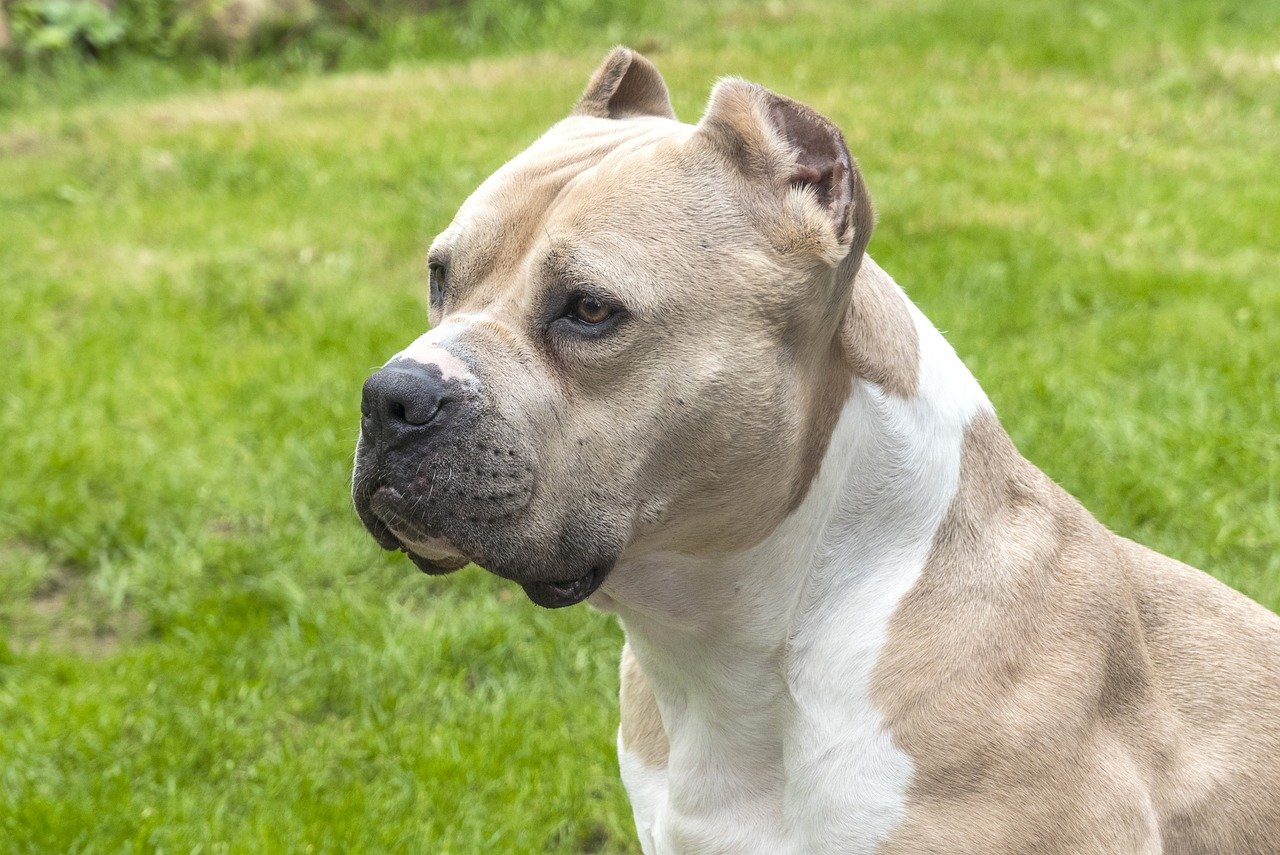
1. What type of food is best for a Pit Bull?
Pit Bulls thrive on high-quality, protein-rich diets. The best type of food is one that lists real meat as the first ingredient. Avoid foods with excessive fillers like corn and wheat, and opt for whole ingredients including meats, healthy grains, and vegetables.
2. How much should I feed my Pit Bull daily?
The amount of food a Pit Bull requires varies based on their age, size, and activity level. Generally, adult Pit Bulls need about 1.5 to 2.5 cups of dry food per day, divided into two meals. However, it’s important to consult a vet for personalized feeding recommendations.
3. Can Pit Bulls eat a grain-free diet?
Yes, Pit Bulls can eat a grain-free diet, especially if they have grain allergies or sensitivities. Grain-free diets should still provide balanced nutrition, focusing on proteins, fruits, and vegetables to meet their dietary needs.
4. Is it okay to give Pit Bulls human food?
While certain human foods are safe for Pit Bulls in moderation, it’s important to avoid toxic foods like onions, chocolate, and grapes. Healthy options include lean meats, certain fruits, and vegetables. Always introduce new foods gradually and in small amounts.
5. How often should I feed my adult Pit Bull?
Adult Pit Bulls should be fed twice a day. Consistent feeding times help regulate their metabolism and aid in digestion. Avoid free-feeding to prevent overeating and obesity.
6. Are there any specific foods that help with Pit Bulls’ coat health?
Foods rich in omega-3 and omega-6 fatty acids, like fish oil and flaxseed, can improve coat health. A diet balanced in these essential fats will help keep a Pit Bull’s coat shiny and skin healthy.
7. Do Pit Bulls need supplements in their diet?
Some Pit Bulls may benefit from supplements like glucosamine for joint health or omega fatty acids for coat health. However, supplements should only be added to their diet under veterinary guidance.
8. Can Pit Bulls have dairy products?
Pit Bulls, like many dogs, can be lactose intolerant. Dairy products can cause digestive upset. It’s best to avoid or limit dairy and opt for lactose-free alternatives if necessary.
9. How do I know if my Pit Bull is allergic to their food?
Symptoms of food allergies in Pit Bulls include itching, red skin, ear infections, and gastrointestinal issues. If you notice these signs, consult a vet who may recommend an elimination diet to identify allergens.
10. What is the best way to transition my Pit Bull to a new food?
Transition your Pit Bull to new food gradually over a week. Start by mixing a small amount of the new food with their current food, gradually increasing the new food’s proportion each day to prevent digestive upset.
11. Is a raw diet suitable for Pit Bulls?
A raw diet can be suitable for Pit Bulls but requires careful planning to ensure it’s balanced and safe. Discuss with a veterinarian to ensure the diet meets all nutritional needs and to understand the risks involved.
12. Should I feed my Pit Bull wet or dry food?
Both wet and dry foods have their benefits. Dry food is good for dental health, while wet food can be more palatable and hydrating. The choice depends on your Pit Bull’s preference and health needs.
13. How do I prevent my Pit Bull from becoming overweight?
Prevent obesity in Pit Bulls by maintaining a balanced diet, controlling portion sizes, limiting treats, and ensuring regular exercise. Regular weigh-ins and body condition assessments can help monitor their weight.
14. Can Pit Bulls eat a vegetarian diet?
While Pit Bulls can technically survive on a vegetarian diet, it’s challenging to meet their nutritional needs without animal proteins. If considering a vegetarian diet, consult a veterinarian to ensure it’s balanced and suitable.
15. What treats are healthy for Pit Bulls?
Healthy treats for Pit Bulls include small pieces of fruits like apples or berries, vegetables like carrots or green beans, and lean meats. Avoid high-calorie commercial treats and always give treats in moderation.
 Check Today's Price on:
Check Today's Price on: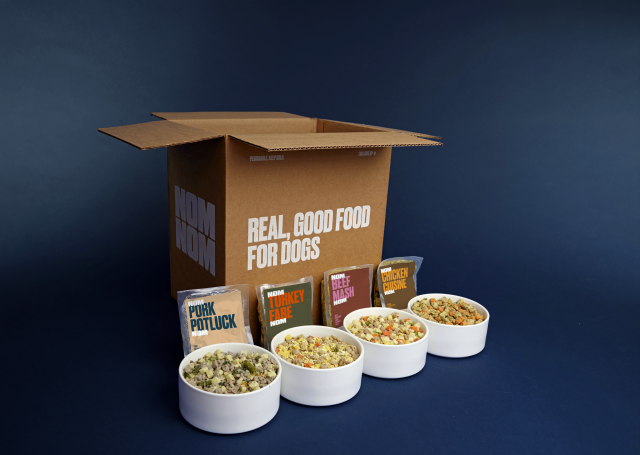
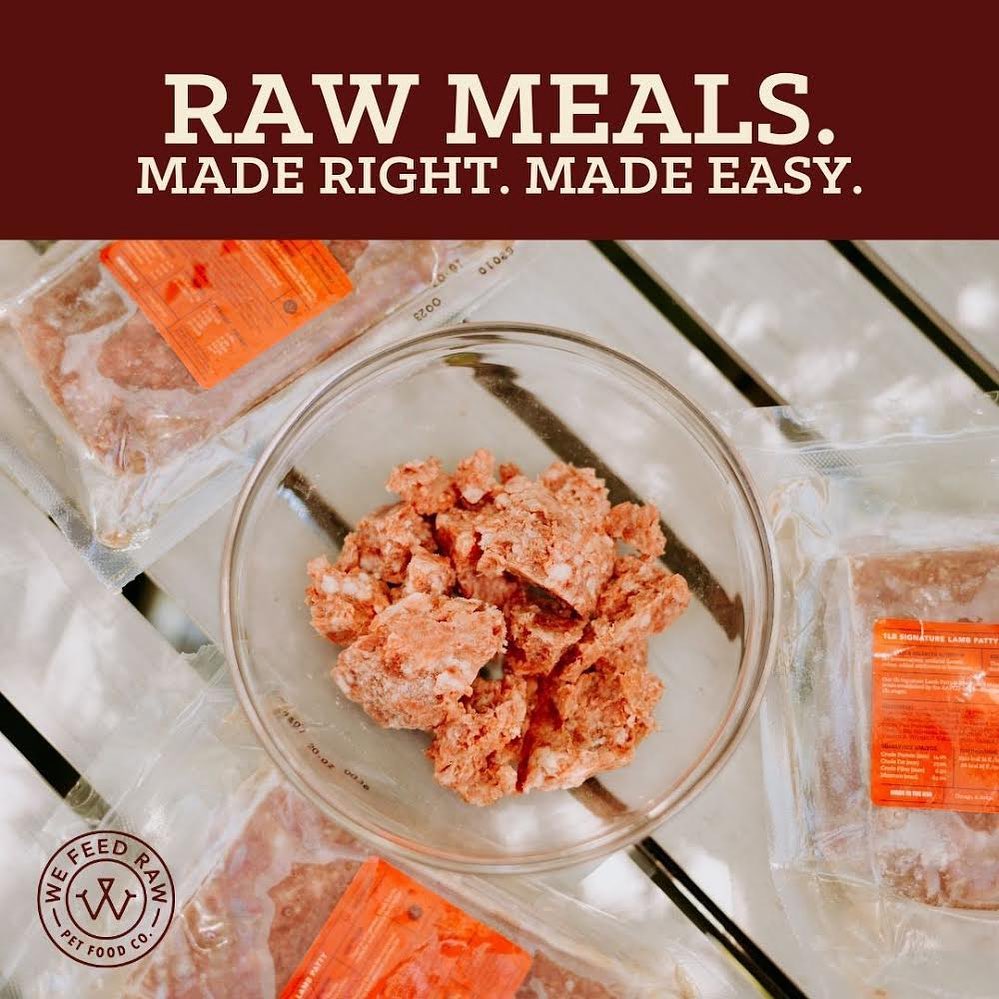
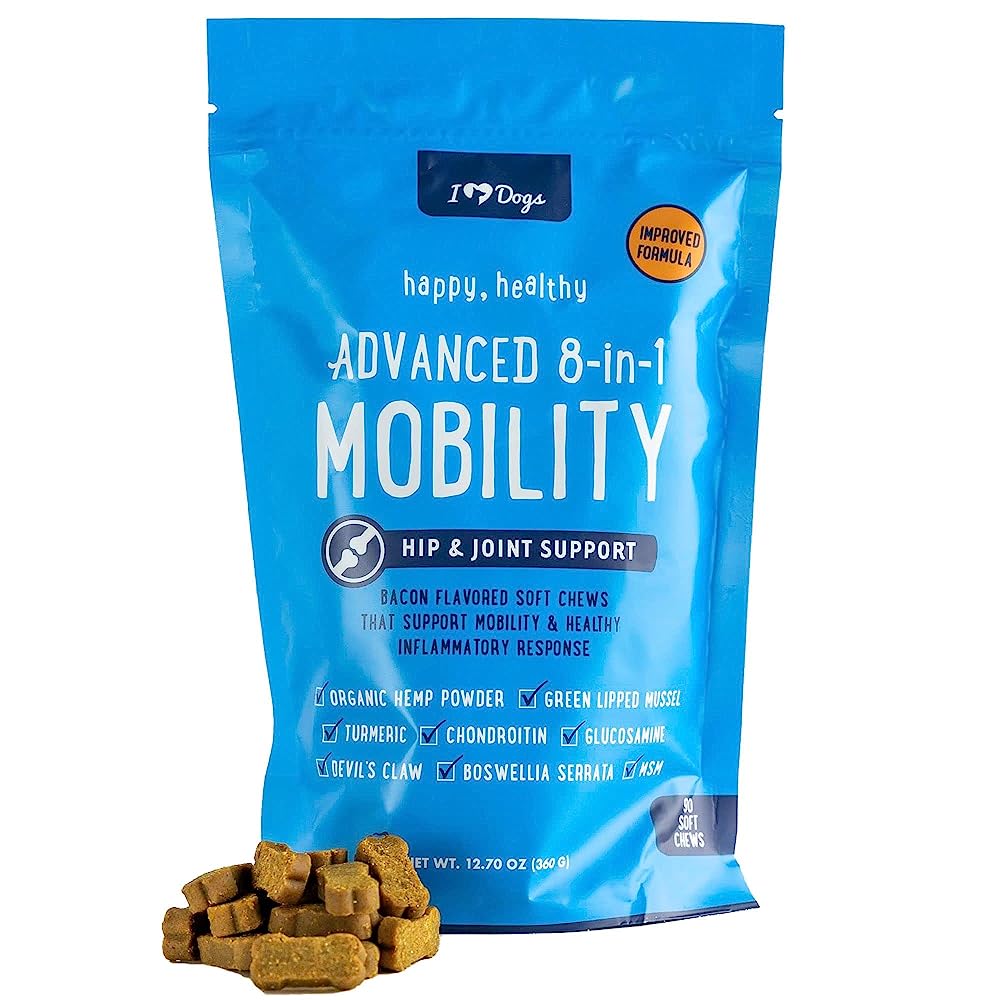
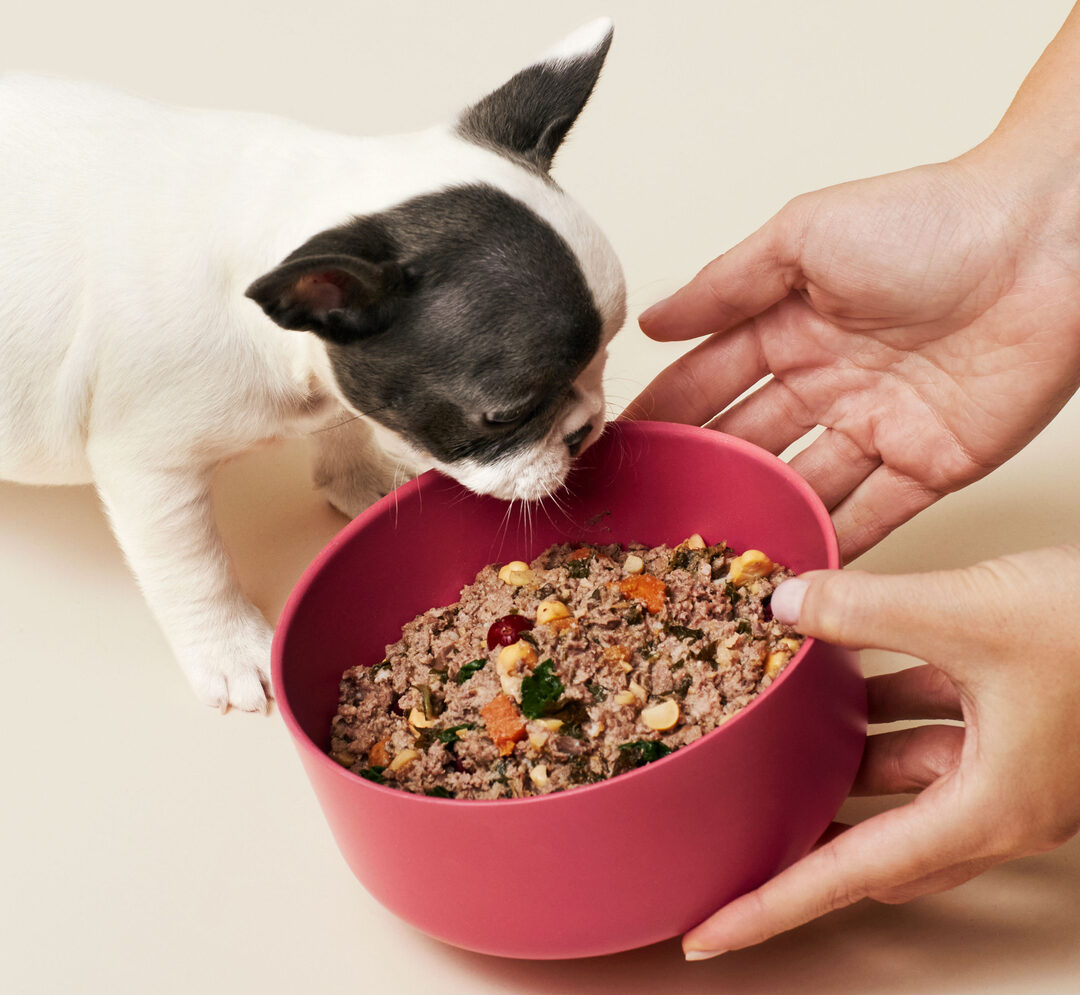
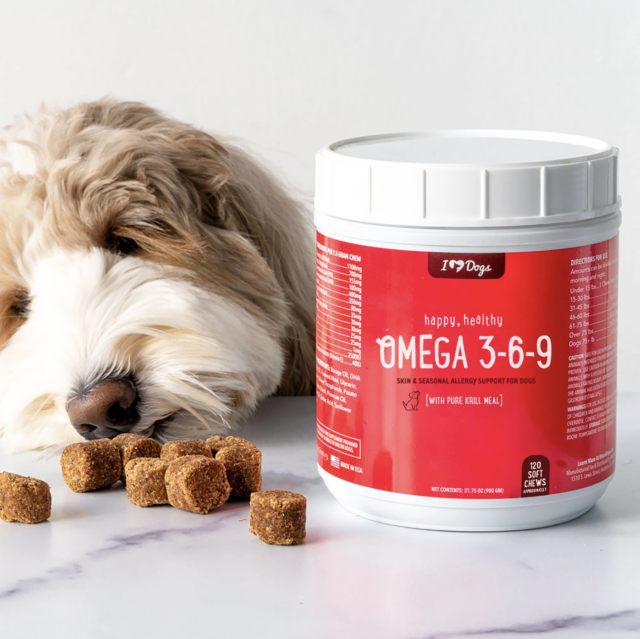
 Toledo, United States.
Toledo, United States.